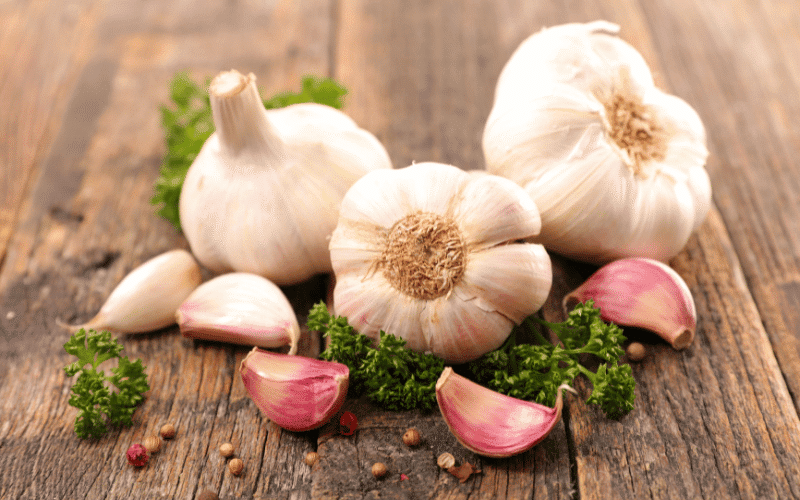4. Garlic: The Flavorful, Kidney-Friendly Spice with Health-Boosting Properties

Garlic is a staple ingredient in many cuisines around the world, known for its distinct flavor and numerous health benefits. For those following a renal diet, garlic is an excellent choice due to its low potassium content and ability to add flavor without relying on high-sodium seasonings. Garlic is also rich in antioxidants, which can help protect the kidneys from oxidative stress and inflammation.
One of the most notable health benefits of garlic is its ability to support heart health. Cardiovascular disease is a common complication for individuals with kidney disease, making it important to prioritize heart-healthy foods. Garlic has been shown to help lower blood pressure, reduce cholesterol levels, and improve blood vessel function, all of which contribute to better heart health.
Garlic also possesses antibacterial and antiviral properties, which can support a healthy immune system. A strong immune system is crucial for those with kidney disease, as they may be more prone to infections due to weakened immunity. Including garlic in your diet can help boost your immune system and reduce the risk of illness.
Another advantage of incorporating garlic into a renal diet is its potential to reduce inflammation. Chronic inflammation can contribute to kidney damage, so including anti-inflammatory foods like garlic in your diet can help protect your kidneys and slow the progression of kidney disease.
There are countless ways to include garlic in your renal diet. Try sautéing minced garlic in olive oil and adding it to your favorite vegetable dishes or pasta. You can also roast whole garlic cloves in the oven and spread the softened garlic on whole-grain toast or mix it into mashed cauliflower. Garlic powder is another convenient option that can be used to season your meals without adding any potassium. (4)